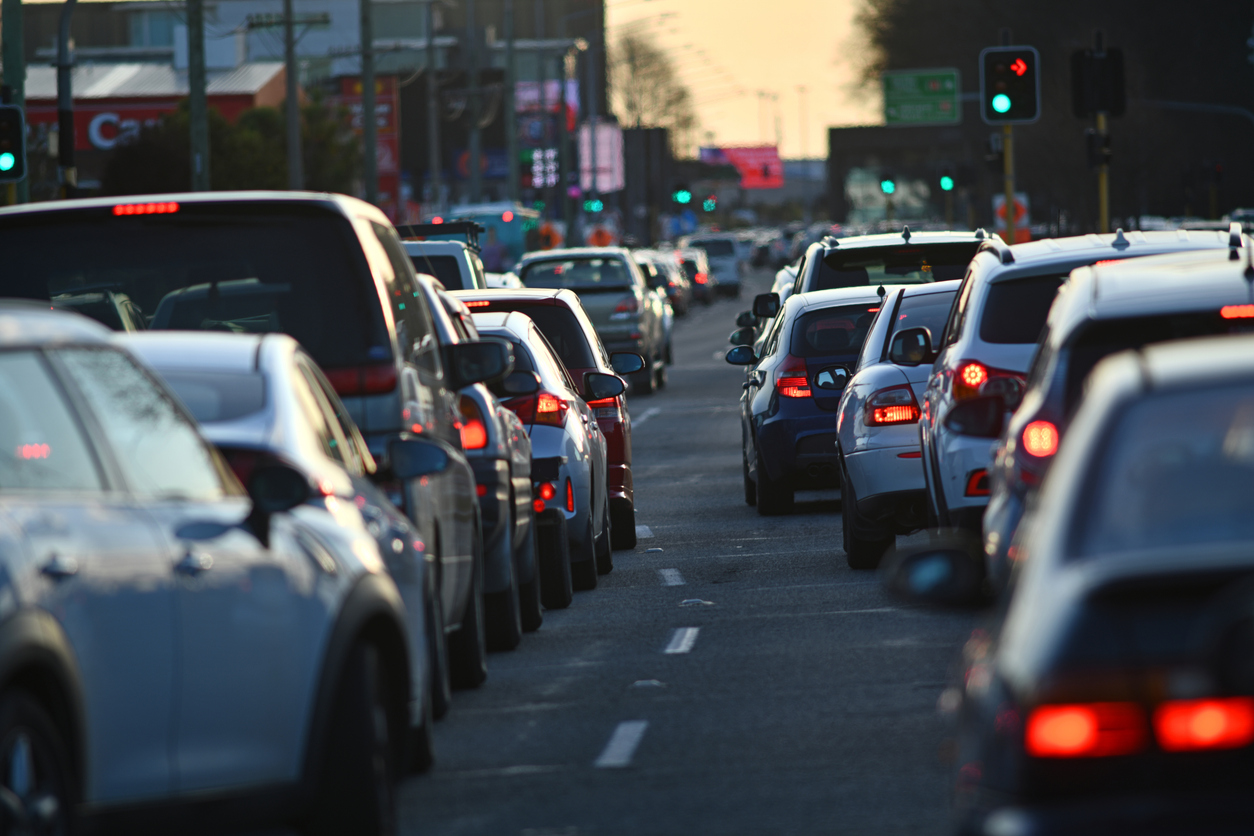New Zealand will introduce legislation this year to enable time-of-use schemes, aiming to reduce congestion and boost economic growth.
Transport Minister Simeon Brown announced that Cabinet has approved a comprehensive framework consisting of seven key components, enabling local councils to propose congestion charging schemes tailored to their specific networks.
Under the new legislation, local councils will have the opportunity to propose congestion charging schemes for their regions.
The NZ Transport Agency (NZTA) will play a critical role in collaborating with these councils to design and oversee the schemes, ensuring they are effective and beneficial for motorists. Government approval will also be necessary for all proposed schemes, ensuring they align with national objectives.
Addressing Significant Drain on Time and Productivity
According to Brown, congestion represents a significant drain on time and productivity. This leads to extended commutes, reduced job efficiency, and service delays across cities.
“Congestion acts as a tax on time and productivity, leading to longer periods spent in gridlock, fewer jobs being completed, and delays to services throughout the city,” Minister Brown said.
“Faster and more reliable travel times will not only increase productivity but also lower costs for businesses and their customers. This is why implementing time-of-use schemes is a priority,” he added.
Public Engagement and Oversight
According to Minister Brown, public acceptance will be crucial to the success of this scheme. He also said that it will take a couple of years before any scheme is fully operational. The legislation will go through a select committee process, allowing public submissions to shape its development.
“We want to ensure we get this right to make a significant difference for New Zealand,” he said.
The authorities will reinvest any revenue generated from congestion charges into transport infrastructure within the affected region. Brown emphasised that the primary goal is to improve network efficiency rather than to raise funds.
“If a concrete truck driver can make additional trips due to reduced congestion, the small charge is outweighed by increased business revenue,” he noted.
Industry Reactions
Industry leaders disagree on the impact of congestion charging. Alan McDonald of the Employers and Manufacturers Association (EMA) noted the potential productivity gains. He noted that Aucklanders currently spend 22 million hours per year in traffic, which costs the economy $1.3 billion annually.
“Time of use charging is an overdue solution that has been successfully implemented globally,” McDonald explained.
On the other hand, Labour’s Auckland Issues spokesperson, Shanan Halbert, expressed concerns about additional costs for road users.
“Aucklanders want better transport options, not more tax,” Halbert stated. He criticised Brown’s previous opposition to congestion charging and questioned how the new charges would address the cost challenges facing Auckland.
As the legislation progresses through Parliament, the Government will continue to engage with the public and refine the policy to ensure its effectiveness and acceptance.
“We need to take the public with us on this journey,” Minister Brown said.
Like this article? Hit the ‘heart’ button to show your support!



















